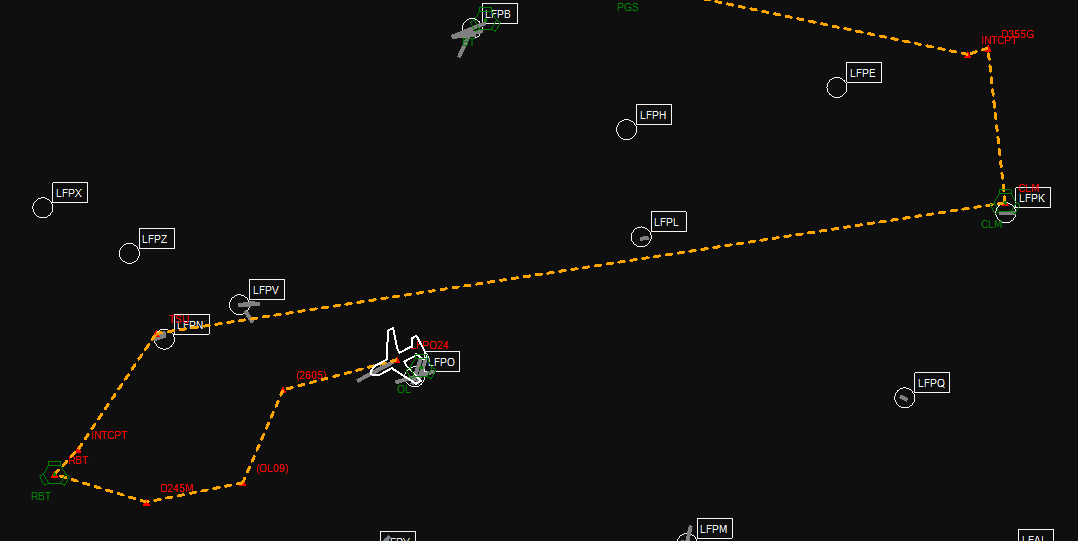

Major labels, streaming services, VC firms and other stakeholders are investing more and more cash in trying to build scalable, AI-generated music products for the masses. Hence, what’s new in 2018 isn’t so much the technology: it’s the money. “Some of the things I’ll actually empathize with terrifically.” In other words, Bowie saw this chaotic (if elementary) AI as a means of elevating, rather than stifling, his art - and he ultimately used many of the Verbasizer’s output in his iconic Berlin Trilogy of albums in the late 1970s, which many consider to be his best work. “I can then re-imbue with an emotive quality if I want to, or take it as it writes itself,” said Bowie, as memorialized in the documentary Inspirations.
#Google project magenta logo series
A few decades later, David Bowie worked with former Universal Music Group CTO Ty Roberts to build the Verbasizer - a program that prompted Bowie to input as many as 25 sentences and word groups into a series of windows, which the program then reordered randomly into new, potentially significant lyrical combinations.

As early as the 1950s, experimental composers were writing music using randomized statistical models. Ironically, AI-generated music is nothing “new” in music history. How Artificial Intelligence Is Changing Music Making Instead, if we take the long view on how technological innovation has made it progressively easier for artists to realize their creative visions, we can see AI’s genuine potential as a powerful tool and partner, rather than as a threat. In fact, if we as an industry are already thinking so reductively and pessimistically about AI from the beginning, we’re sealing our own fates as slaves to the algorithm. An entire startup ecosystem is emerging around services that give artists automated songwriting recommendations, or enable the average internet user to generate customized instrumental tracks at the click of a button.īut AI’s long-term impact on music creation isn’t so cut and dried.
#Google project magenta logo full
Last December, an AI-composed song populated several New Music Friday playlists on Spotify, with full support from Spotify execs. There is an enduring fear in the music industry that artificial intelligence will replace the artists we love, and end creativity as we know it.Īs ridiculous as this claim may be, it’s grounded in concrete evidence.


 0 kommentar(er)
0 kommentar(er)
